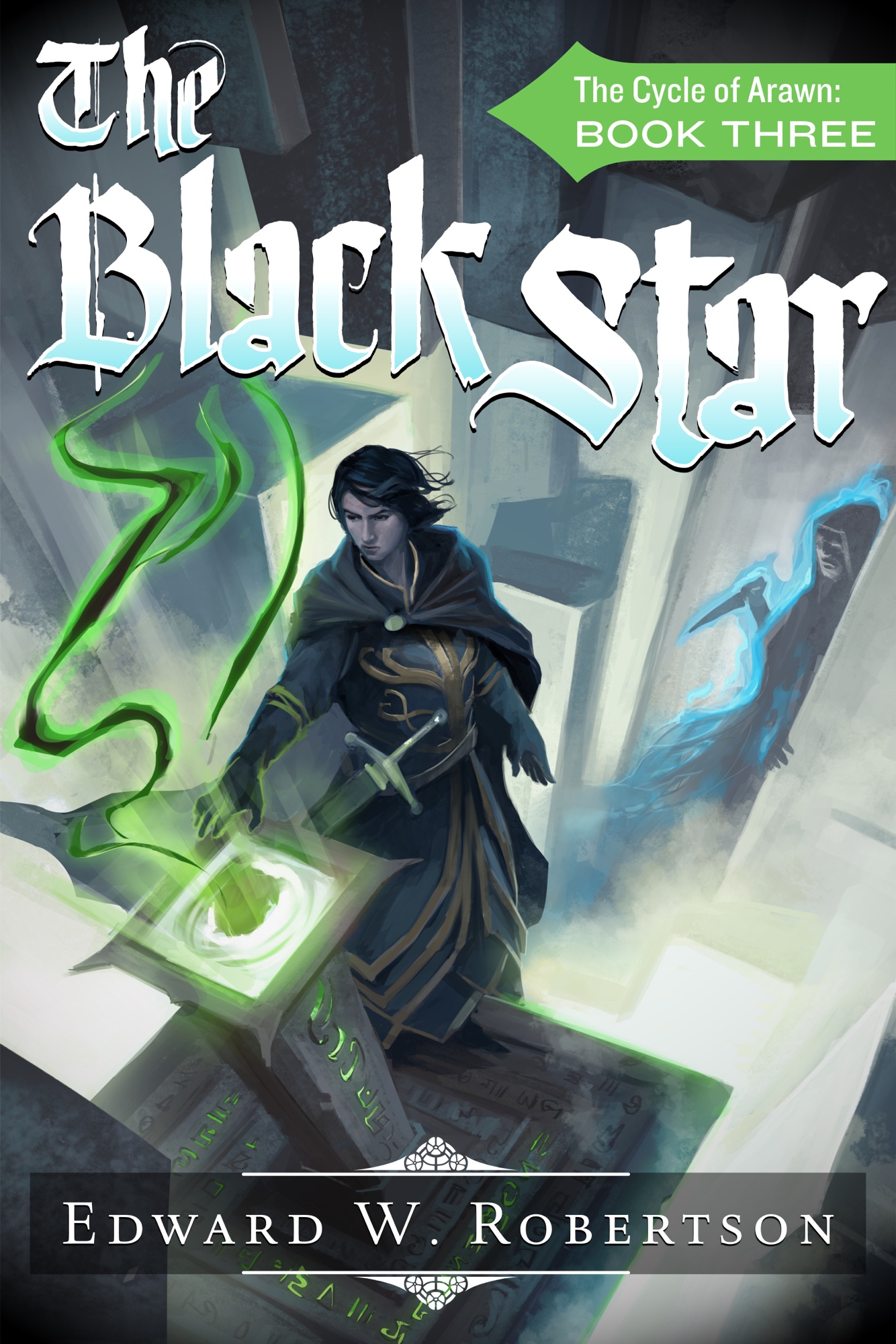This one was tough because it was a classic example of a movie I enjoyed but wasn’t blown away by. Watching a movie like that is like ordering a plate of spaghetti from a snazzy Italian joint: even if it’s the best damn spaghetti you ever had, and you walk away satisfied, full, and burbling with gases, you’ll probably regret not ordering something with more potential.
There’s neither anything to get too jazzed about or too incensed about, which means I have to dig extra hard to be entertaining about it. To hell with that. Right to hell with it.
Twitter-length summary: Probably worth checking out, especially if you like Robert Downey Jr.
Here’s me! I had no clue this website existed until moments ago, when I was following the fine tradition of googling myself rather than finishing the story I must finish today, and already I feel compelled to update this so my pieces in Reflection’s Edge, written as Ed Robertson, are also included. Time for some sleuthin’!
From the closing Rappaport Agency.
This covers a year of slush, roughly 5500 submissions, and provides a decent sample size. One highly intriguing stat, to me, is that of all those queries, the agency only requested 139, or ~2.5%, partial manuscripts. 1 out of 40 queries was judged interesting enough (in terms of content, relevancy, etc.) to follow up on.
That by far is the biggest filter. Of those 139 partials, 25, or 18%, led to requests for a full manuscript. I’m having a harder time understanding the way some of this data is phrased, but it looks like of those 25, only one got picked up by the Rappaport Agency–two others went with other agencies, and the four other clients who appear to have signed with the agency this year got offers based on queries or partials rather than full manuscripts (though obviously their fulls were eventually read).
To summarize, if I’m reading this right: about 1 in 200 of the novelists who queried the agency ended up getting requests for their full manuscript. Drawing from every stage of the query process, about 1 in 1000 submissions was eventually represented.
I was surprised to see how few partials get requested, and would have guessed the odds of representation were slightly higher–of course, with only 5 clients taken on, a small change would have skewed the numbers a lot either way–but this is pretty interesting stuff.
Look: I know every third man, woman, and manwoman in America is walking around with an unpublished technothriller, cozy mystery, category romance, or space opera stashed on their hard drive. An agent might get fifty novel queries a day; a strong short story market is probably reading through 200-300 stories a month. I know this is an incredible amount of work, and each agent and editor deals with it in whatever way they can best manage.
That said.
Fantasy and Science Fiction, one of the SFF short fiction markets, has a reading time of one or two days–when I mail them something from Washington state, I can bank on getting my SASE back in a week. I remember reading John Joseph Adams, their soon-to-be-former slushreader and assistant editor, saying they did this so they would always be the first market people sent their new stories to, meaning they would have the best possible stories to draw from. This is probably a mixed blessing–it means they have to read all kinds of slush from bozos like me–but writers notice these things, and you can be damn sure their strategy works.
When I was querying my last novel, one agent from a big firm sent me back a short but nice and personalized rejection within a day. You can bet that, when I’m ready to query my next one, he’ll be the first guy I go to.
Around noon, I emailed a magazine submission, then went off to watch Brothers to review for the paper. When I got back at three, I already had a no in my inbox. Was I happy about that? Fuck no, rejection always sucks. But I do sometimes write publishable fiction. You can be sure when I’m looking at markets in the future, they’ll be high on my list. And in the meantime, I can get this story off to a different editor who might be looking for exactly what I’ve now got on their electronic desk.
I know everyone in publishing is putting in crazy hours, frequently for too little pay. But these guys have found a way to be really, really fast. We notice. After that, they get our best work first. It’s worth keeping in mind.






